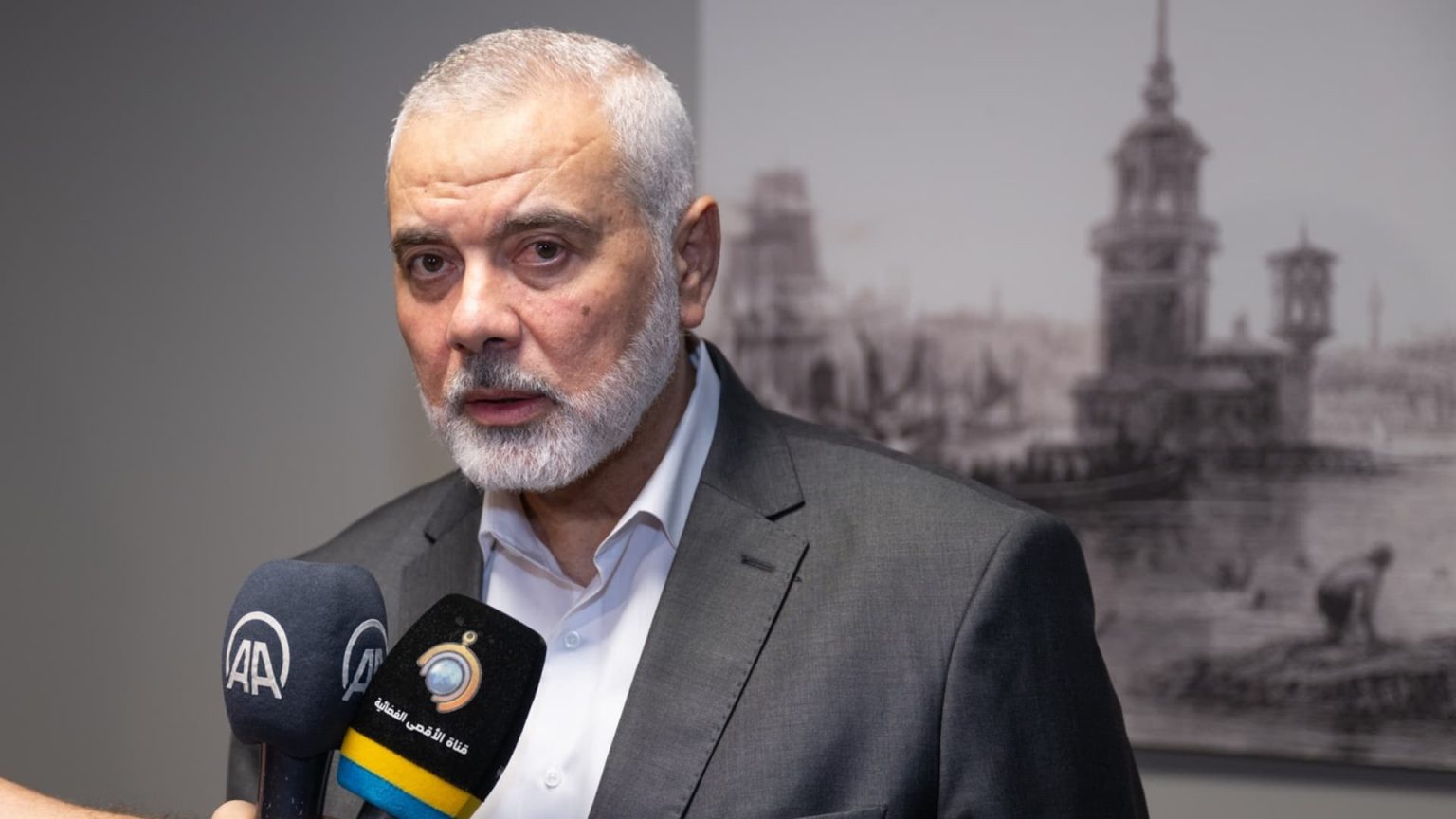Hamas has announced that it has approved a cease-fire proposal to halt the ongoing war in Gaza. However, Israel has not confirmed whether it will accept or reject the deal. Israeli Defense Forces Officer Daniel Hagari stated that negotiations are ongoing, with a focus on bringing home hostages as quickly as possible. Meanwhile, Israel continues to operate in the Gaza Strip amid the negotiations. The intense negotiations have involved mediators from Egypt and Qatar, as well as facilitation from U.S. CIA Director William Burns.
The negotiations have become particularly urgent as Israel threatened to invade Gaza’s southernmost city of Rafah if a temporary cease-fire agreement was not reached. U.S. officials have advised against such a move, expressing concern for the millions of civilians in the region. President Joe Biden reiterated this stance in a recent call with Israeli Prime Minister Benjamin Netanyahu. Last week, the U.S. paused a shipment of weapons to Israel amid signals of a potential ground invasion of Rafah. Israel has ordered civilians in eastern Rafah to evacuate, heightening fears of an imminent invasion.
The proposed cease-fire deal reportedly includes Hamas releasing 33 hostages in exchange for Israel releasing Palestinian prisoners and pausing military operations. This agreement would help facilitate the flow of humanitarian aid into Gaza, which has been severely impacted by the conflict. The situation remains fluid, with developments unfolding rapidly. The potential resolution of the conflict hinges on both sides agreeing to the terms of the cease-fire proposal.
As negotiations continue, the international community closely monitors the situation in Gaza. The involvement of mediators from Egypt, Qatar, and the U.S. underscores the importance of finding a peaceful resolution to the conflict. Israeli threats of invasion have raised concerns about further escalation and civilian casualties. The pressure to reach a cease-fire agreement is evident, and the repercussions of a potential ground invasion are significant. The fate of the hostages and the well-being of civilians in Gaza are at the forefront of the negotiations.
Ultimately, the decision to accept or reject the cease-fire proposal will have far-reaching consequences for the region. The delicate balance between military operations and diplomatic efforts underscores the complexity of the situation. As both sides navigate the negotiations, the hope for a peaceful resolution remains. The involvement of key stakeholders and the urgency of the situation underscore the need for swift action. The coming days will be critical in determining the path forward for Gaza and the broader implications for regional stability.


